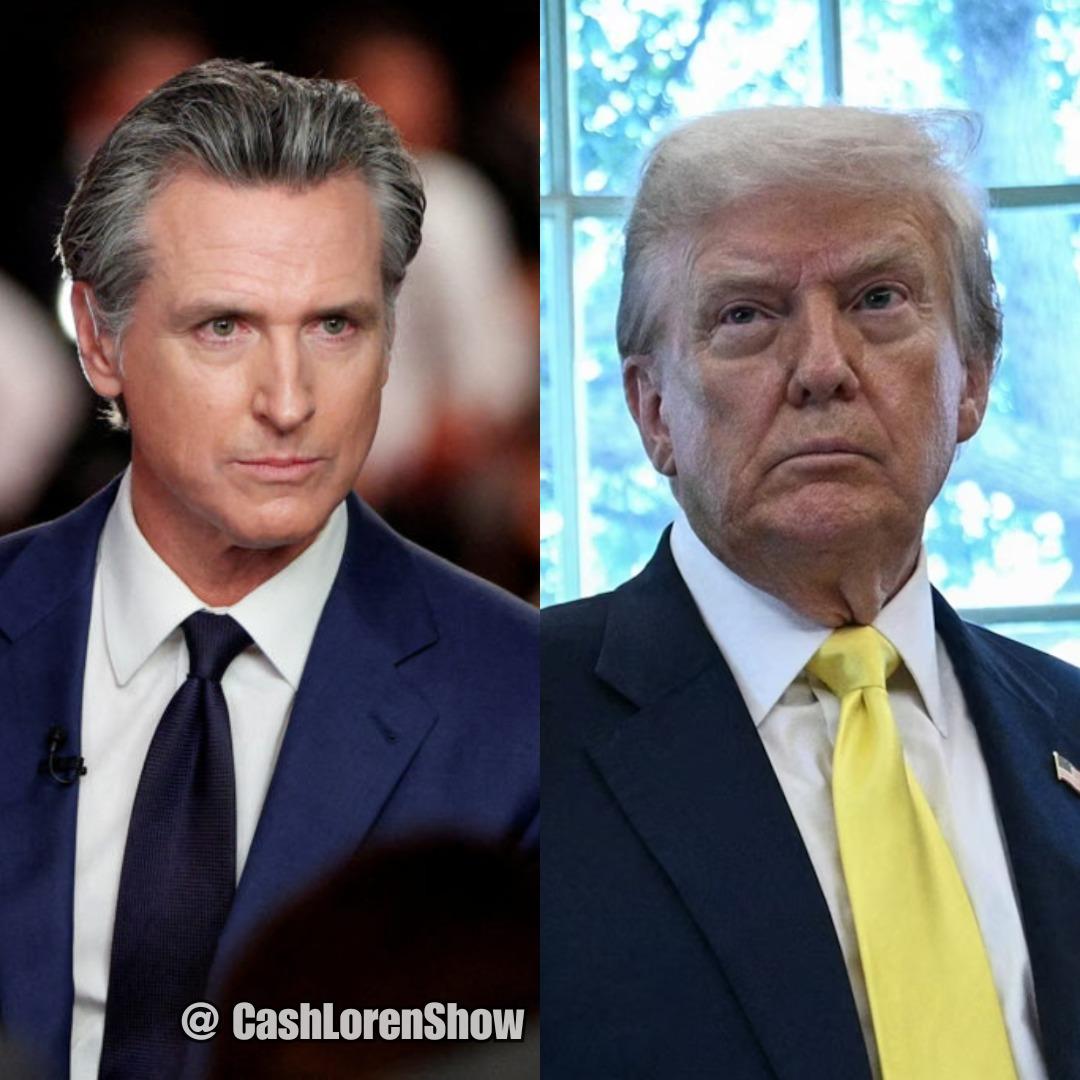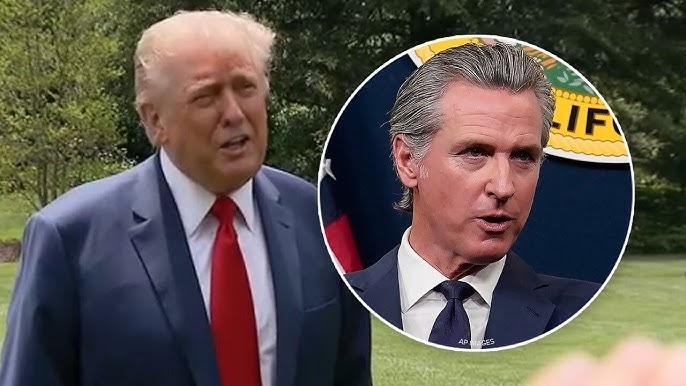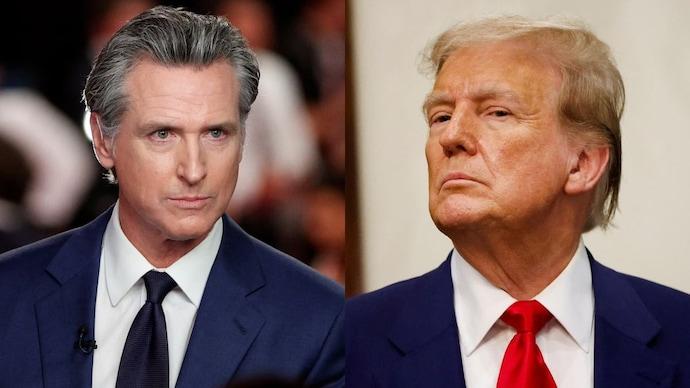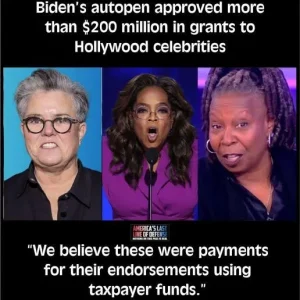In the swirling vortex of American politics, where speculation often outpaces reality, a bold assertion has emerged from Democratic circles: California Governor Gavin Newsom is poised to ascend to the presidency in 2028, ushering in an era of “payback” for the actions of President Donald Trump. This narrative, amplified across social media platforms and conservative outlets, paints Newsom as the avenging force ready to dismantle Trump’s legacy, from his aggressive trade policies to his sweeping immigration reforms. While the claim originates from viral posts rather than official party statements, it underscores the deepening rift between the two political titans and their respective visions for the nation.

The sentiment first gained traction through a Facebook post by conservative commentator David J. Harris Jr., who declared, “BREAKING: Democrats say Gavin Newsom will become president and bring ‘payback’ for all that President Trump has done.” This quickly ricocheted across X (formerly Twitter), with accounts like Leading Report and Wake Up America reposting identical messages, often accompanied by provocative images of Newsom smirking against a backdrop of American flags or Trump in defiant pose. These posts, garnering thousands of likes and replies, frame the governor as a Democratic savior-in-waiting, eager to reverse Trump’s influence. Responses range from mockery—”Good luck with that, California is a mess!”—to alarmist warnings about impending authoritarianism.
To understand this “payback” rhetoric, one must revisit the contentious history between Newsom and Trump. During Trump’s first term, Newsom positioned California as a bulwark against federal policies, suing the administration over 100 times on issues like environmental regulations and sanctuary cities. With Trump’s return to the White House in 2024, Newsom has ramped up his opposition. In a November 2024 speech following Trump’s victory, Newsom vowed to “lead the resistance” against what he called “authoritarian overreach,” promising to protect California’s progressive agenda on abortion rights, climate action, and LGBTQ+ protections. Critics interpret “payback” as code for aggressive countermeasures: potential federal investigations into Trump’s business dealings, reversals of his tax cuts, or even impeachment pushes if Democrats regain congressional control.

Newsom’s presidential ambitions are no secret. As early as June 2025, he delivered a high-profile speech lambasting Trump’s policies, which ABC News described as a “shot across the bow” that energized Democrats seeking a charismatic leader. Polling data analyzed by CNN’s Harry Enten suggests Newsom’s feud with Trump boosts his visibility, with favorability among Democrats climbing amid perceptions of Biden’s frailty and Harris’s underwhelming tenure. By August 2025, Newsom has maneuvered strategically, advocating for redistricting reforms to bolster Democratic House seats and meeting with Texas Democrats to solidify alliances. These moves position him as a frontrunner for 2028, especially if Trump’s administration faces scandals or economic downturns.
Yet, the “payback” narrative is laced with irony. Trump’s supporters argue that his actions—such as prosecuting perceived political adversaries or overhauling federal agencies—are merely accountability, not vengeance. One X user echoed this: “What Trump is doing is holding people accountable for crimes. Democrats threatening lawfare will destroy the republic.” Indeed, Trump’s second term has seen aggressive pursuits, including investigations into the 2020 election and border security lapses under Biden. Democrats counter that Trump’s “retribution” rhetoric, voiced during his campaign, sets a dangerous precedent, justifying their own countermeasures.
Skeptics dismiss the claim as clickbait engineered by right-wing influencers to rile up bases. Posts from accounts like IvankaNews_ and BarronTNews_ pose the question provocatively: “What’s your response?” eliciting a flood of derisive comments about California’s homelessness crisis and high taxes under Newsom. Mainstream outlets like Politico and CalMatters focus instead on Newsom’s pragmatic plays, such as rejecting extreme liberal positions to appeal to moderates—a “Sister Souljah moment” strategy for broader electability.
If Newsom does run, “payback” could manifest in policy: reinstating Obama-era regulations, expanding social programs, or challenging Trump’s judicial appointees. But hurdles abound—voter fatigue with California-style governance, internal party rivalries from figures like J.B. Pritzker, and Trump’s enduring popularity. As one analyst noted, Newsom’s path hinges on portraying himself as a unifier, not a vendetta-seeker.

In this hyper-polarized landscape, the “payback” trope fuels division, reminding us that politics is as much about narrative as governance. Whether Newsom becomes the instrument of Democratic reprisal or the claim fizzles into meme oblivion, it highlights the unending cycle of retribution in American discourse. As 2028 approaches, the nation watches, wondering if history will repeat or redefine itself.






